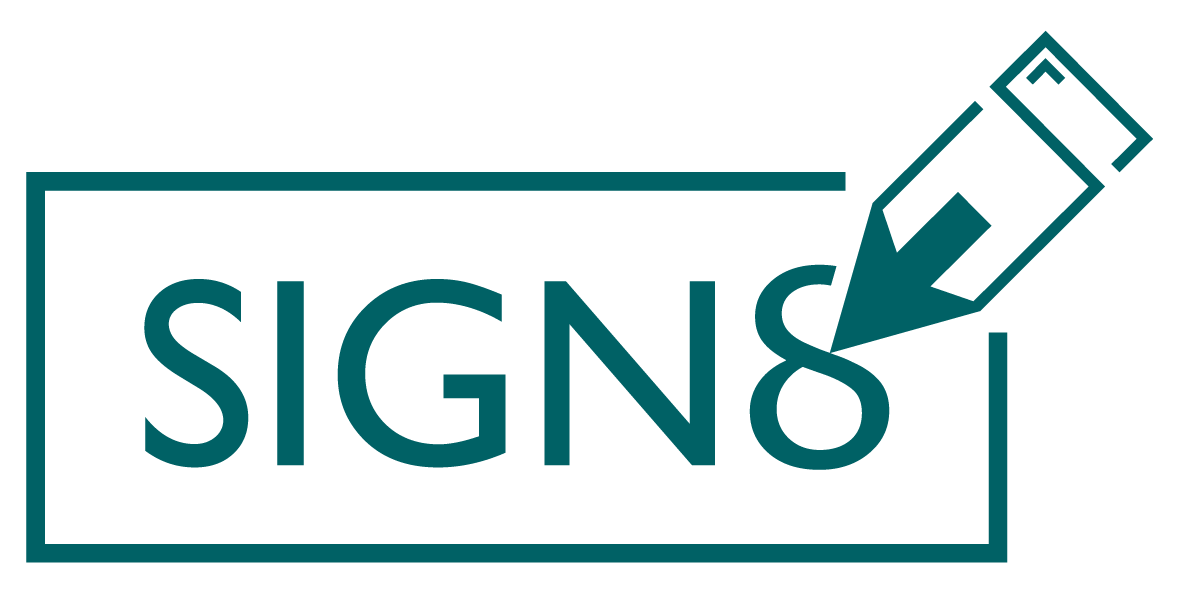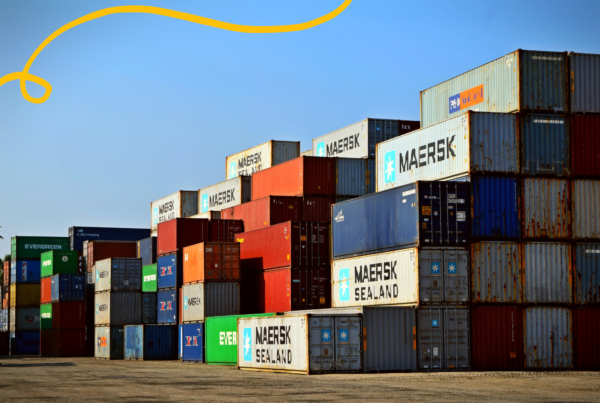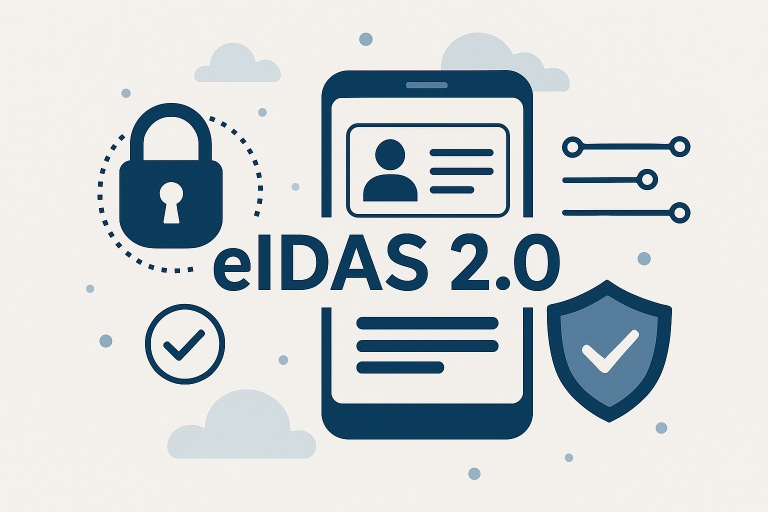
In a world that is becoming increasingly digital, secure and reliable systems for identification and authentication are essential. In particular, the European Union and its member states have already taken measures in the field of digital identity and trust services to meet these demands. The eIDAS Regulation, introduced in 2014, laid the foundation for a Europe-wide recognized system of electronic identification and trust services. But now, with eIDAS 2.0, a new version of the regulation is on the horizon—aimed at expanding and improving the existing system. So, what exactly is behind the new regulation, and what does it mean for businesses and consumers?
The Fundamentals of eIDAS 2.0
The eIDAS Regulation (Electronic Identification, Authentication and Trust Services) has regulated since 2014 how digital identities can be used securely and uniformly within the EU. It is a key component of the EU’s Digital Single Market strategy and promotes the creation of a legally secure framework for electronic transactions and trust services. These include electronic signatures, seals, and time stamps, which can be used for a wide range of business transactions.
With eIDAS 2.0, this regulation is being further developed. The new version expands existing requirements and ensures that digital identities can be even more deeply integrated into everyday life. A major focus is the creation of a pan-European system that functions across borders and fosters trust and security in all EU member states.
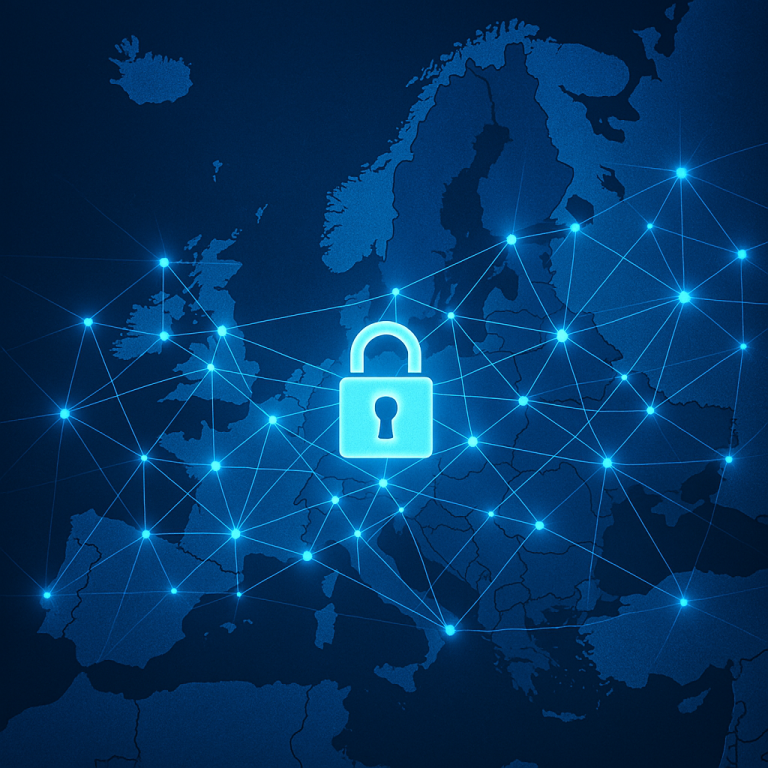
What Is Changing?
eIDAS 2.0 brings numerous innovations designed to take the entire system of digital identification and trust services to a new level. A central element is the introduction of an EU-wide “digital identity.” This will allow every EU citizen to obtain a digital identity that is recognized in all member states and enables them to interact online securely and with legal validity.
The digital identity will not only be needed for public services such as filing tax returns or applying for social benefits, but it is also intended to be used in the private sector—for instance, when signing contracts digitally, online banking, or accessing digital health services. The EU’s goal is to make using this identity as simple and secure as possible, without compromising citizens’ privacy.
Another key element of eIDAS 2.0 is the enhanced integration of trust services into digital processes. Trust services, such as electronic signatures or timestamps, are essential to ensure that digital transactions are legally binding and tamper-proof. eIDAS 2.0 expands this system, making trust services even more secure, flexible, and easier for businesses to access.
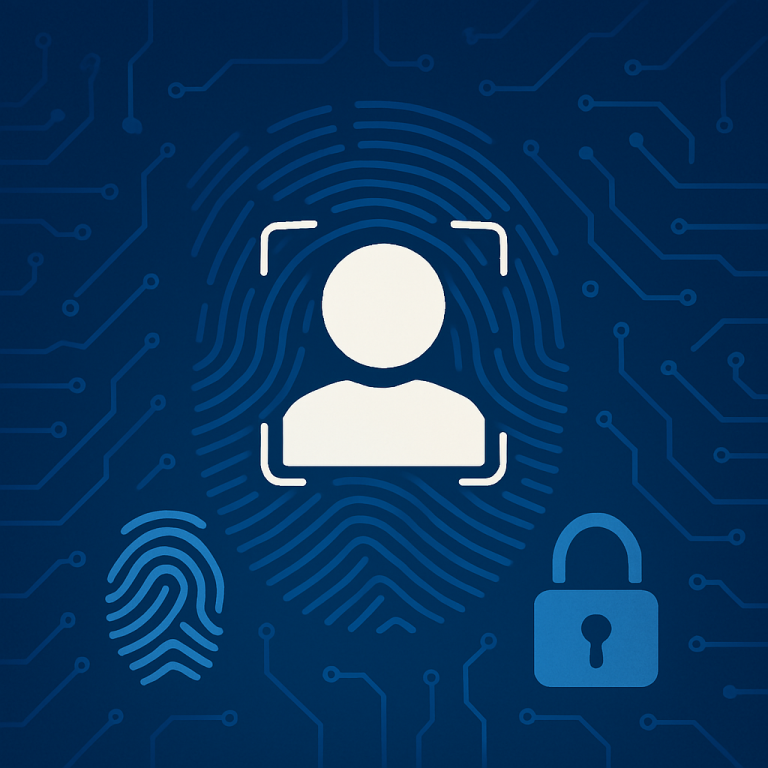
The Benefits of the New Regulation for Businesses
With eIDAS 2.0, businesses gain new opportunities to make their digital processes even more secure and efficient. The introduction of a digital identity recognized across Europe represents a major simplification for many companies. They no longer need to implement different identification systems for various EU countries but can rely on a unified system valid throughout the EU.
The greater integration of trust services also enables companies to more easily incorporate digital signatures and other legally binding elements into their business processes. For companies that rely on digital signatures—such as banks, insurance firms, or e-commerce platforms—this significantly simplifies operations. The security of these signatures is guaranteed under the eIDAS regulation, strengthening the legal validity of transactions across the EU.
Another advantage for businesses is that eIDAS 2.0 enables them to meet compliance requirements more efficiently. Companies that already offer trust services or are planning to integrate them into their services can benefit from the EU-wide acceptance and standardized framework that eIDAS 2.0 provides.
Challenges and Impacts on Businesses
The introduction of eIDAS 2.0 also brings several challenges for businesses. One of the main issues is implementing the new digital identities and adapting to the associated security requirements. Companies must ensure their systems comply with the strict provisions of the regulation, which can be complex and costly—especially for smaller businesses or those without an existing trust service infrastructure.
Additionally, companies must ensure that their digital signatures and other trust services are recognized throughout the EU. This not only requires technical adaptations but also adherence to legal and regulatory standards, which demands additional resources and expertise.
Trust service providers (TSPs) can play a crucial role in supporting businesses by providing the necessary infrastructure and expertise. They offer legally compliant solutions for digital signatures and identities and take responsibility for system security and maintenance—significantly reducing the burden on businesses.
By partnering with a certified TSP, companies can meet the complex requirements of eIDAS 2.0 without having to invest in the demanding certification process themselves. TSPs ensure full compliance with all regulatory requirements and provide scalable solutions that help companies quickly and securely integrate their digital processes. Furthermore, EU-wide recognition through TSPs allows businesses to operate across borders without needing to worry about country-specific differences.

Taking a Step into the Future of Digital Identity with eIDAS 2.0
eIDAS 2.0 represents a significant step toward a secure and standardized digital identity across Europe. The regulation establishes a system for digital identities and trust services that is recognized EU-wide, offering numerous benefits to businesses—from simplifying cross-border transactions to increasing legal certainty. However, these advantages also come with new requirements and challenges that compel companies to reassess their digital processes and security measures.
The digital future will increasingly be shaped by secure, efficient, and user-friendly solutions. Businesses looking to successfully navigate these challenges should consider partnering with an experienced trust service provider (TSP). By working with a certified TSP, companies can ensure they meet the requirements of eIDAS 2.0 with ease and integrate their digital processes quickly, securely, and cost-effectively. This not only saves time and resources but also enables businesses to drive their digital transformation smoothly and securely.
